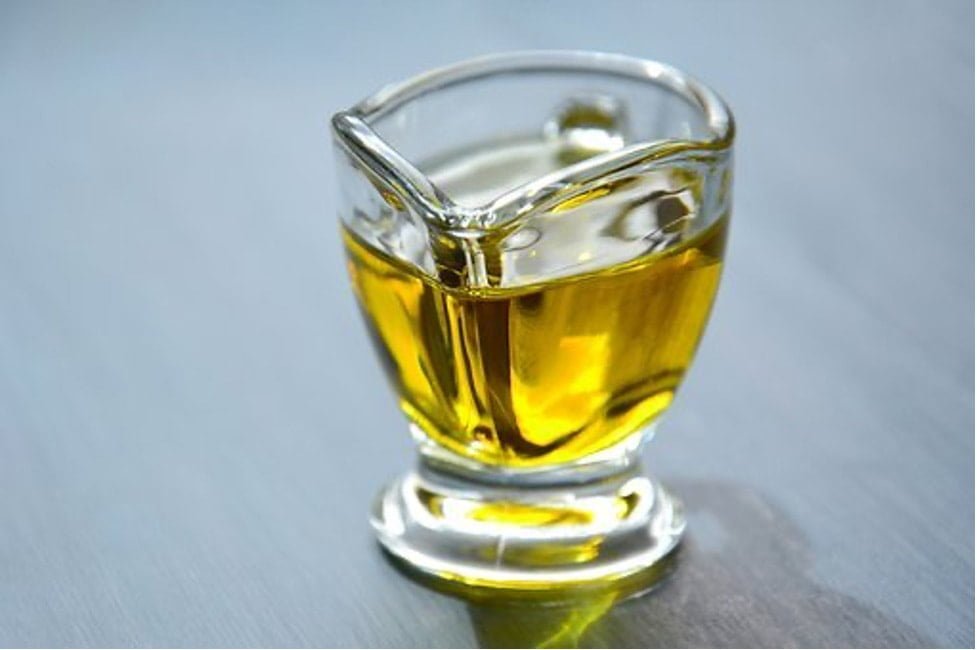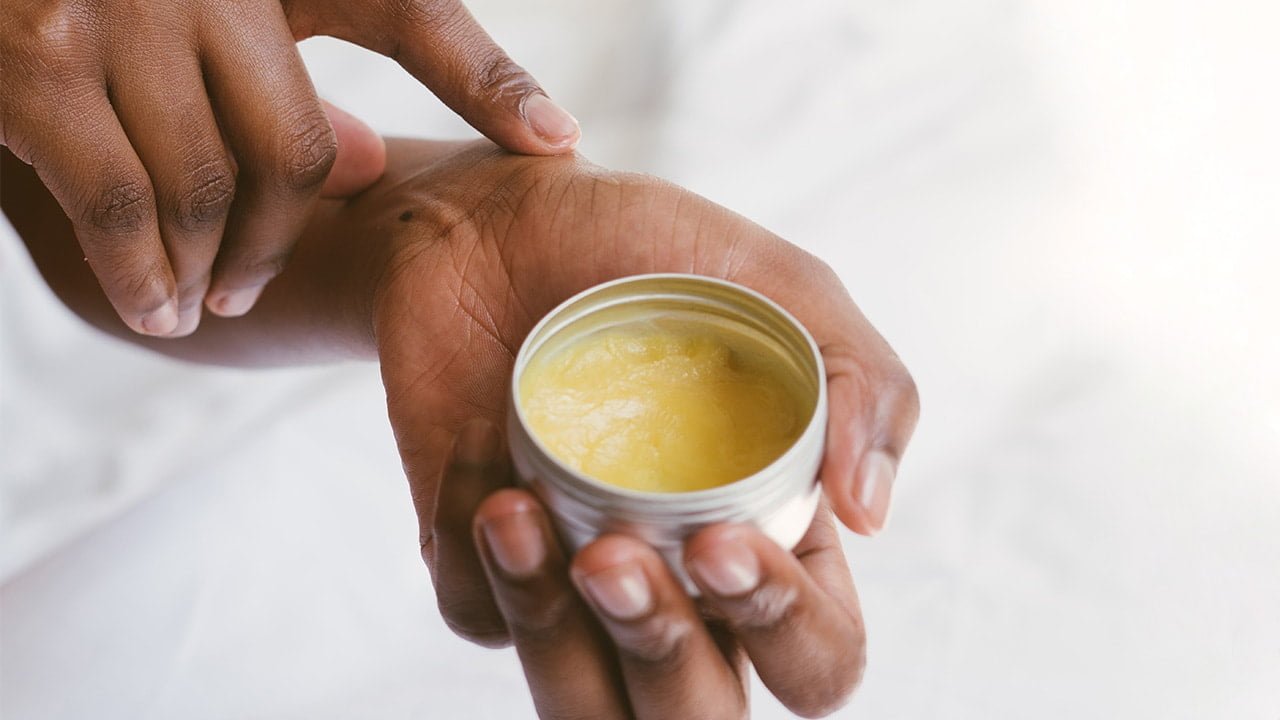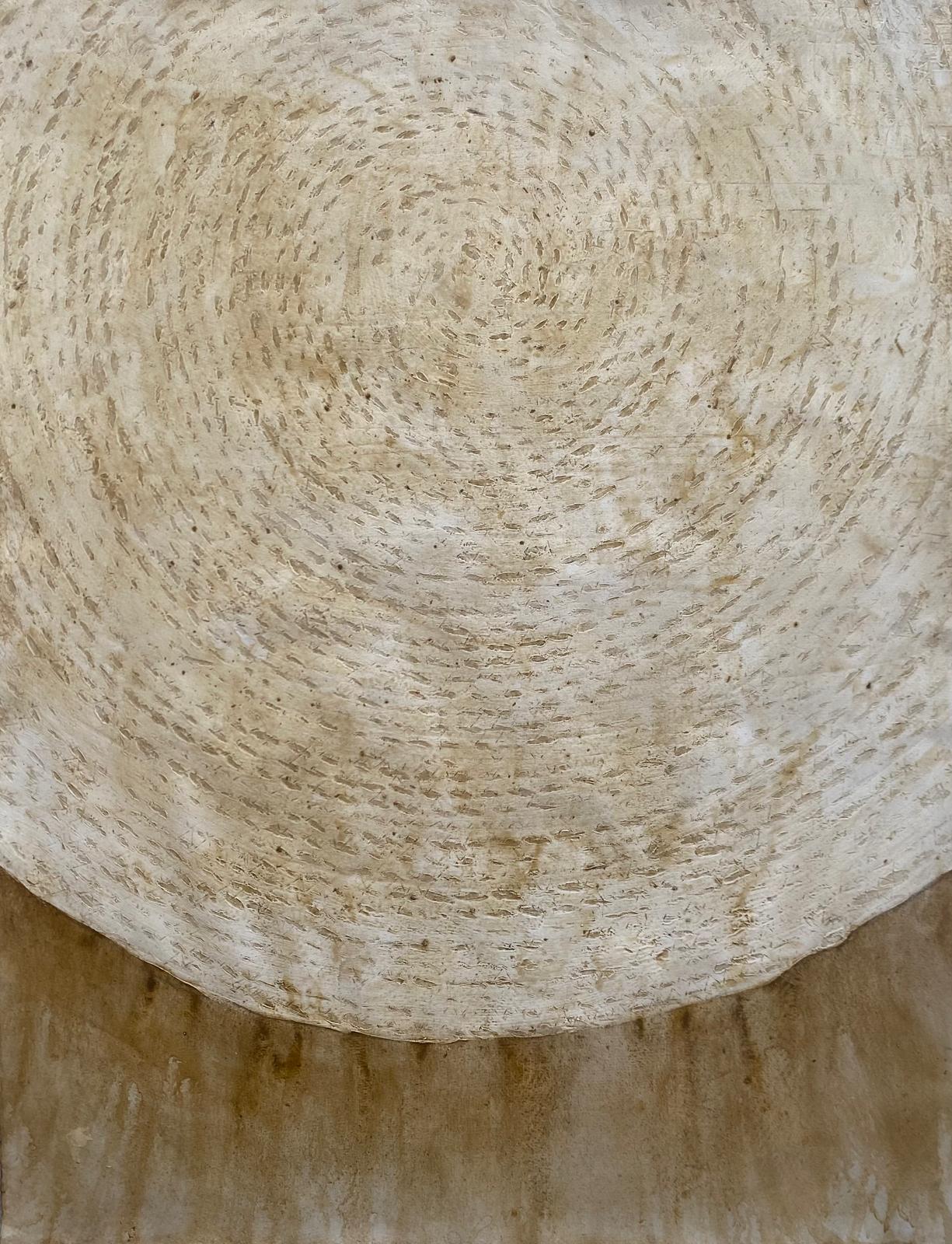Are you on a diet or you just simply want to take good care of your health? If the answer is ‘yes’ let us tell you that extra virgin olive oil is one of the most important products in a healthy an balanced diet.
However, there are many people concerned about their weight who wish to know how many calories we can find in extra virgin olive oil, and which is the right portion to consume on a daily basis for good health.
Contenidos / Contents
How many calories has the right portion of this vegetable oil?
The truth is that the amount of calories in olive oil varies depending on the type of olive with which the oil was made and when it was collected. However, in general terms a contribution of 884Kcal is accepted as standard per 100ml of oil. (Source: OliveOilLovers.com)
What is the recommended daily amount of extra virgin olive oil?
Experts nutritionist agree with two to three daily tablespoons of extra virgin olive oil, which is approximately 30gr/45gr since each tablespoon contains about 15grs of oil.
In this article the Mediterranean diet adoption is evaluated against the drugs consumption when indicated for the harmful cholesterol and obesity reduction. Jan-Olaf Gebbers, MD, from the Institute of Environmental Medicine in Lucerne (Switzerland) tells us that “Given the side effects and cost of statins, it makes sense to think of other ways in which atherosclerosis can be influenced, especially diet. The quality of the diet plays an important role, although a Mediterranean diet, such as olive oil, may be superior to a low-fat diet ”.
So, if we consume this amount, the caloric intake of olive oil to our healthy diet would be about 240Kcal / 360Kcal per day. This intake should be complemented with other healthy fats, such as those from oily fish, until reaching the recommended amount of calories provided by fat consumption – between 400Kcal and 700 Kcal per day. (Source: Mayo Clinic, Katherine Zeratsky, R.D., L.D.)

Bear in mind that when consuming extra virgin olive oil we are taking unsaturated fats, which help us eliminate LDL ‘bad’ cholesterol and, provide us with vitamins E and K. One the other hand, we can also be reaching the complete fat caloric intake by consuming trans and saturated fats which are the ones increasing our LDL cholesterol levels of cholesterol, impairing our health in the long run.
Each 100gr of extra virgin olive oil that we ingest contains 14gr of saturated fatty acids; 10gr of polyunsaturated fats and 73g of monounsaturated (oleic acid, also known as Omega 9) and polyunsaturated (linoleic acid or omega 6) fatty acids, while it provides zero grams of LDL cholesterol and sugar.
Does olive oil make you gain weight?
Different foods can ‘make you gain weight’ or ‘help you lose weight’ according to the amount consumed and the caloric intake they have. When it comes to oil, if we compare the caloric contribution of different ones, we will observe that there is no a huge disparity between them, maybe a 10Kcal per three tablespoons.
So, why you should be consuming extra virgin olive oil instead of another oil? Because of its features and its healthy fatty acids and vitamins, as we mentioned before.
In fact, if you’re still worried let us tell you that an investigation derived from the Predimed study, led by Dr. Ramón Estruch (Faculty of Medicine and Health Sciences of the University of Barcelona) and published in The Lancet, concluded that adopting a Mediterranean diet rich in vegetable fats, such as olive oil extra virgin and nuts, does not imply weight gain compared to a low fat diet.
Susbcribe to our newsletter











